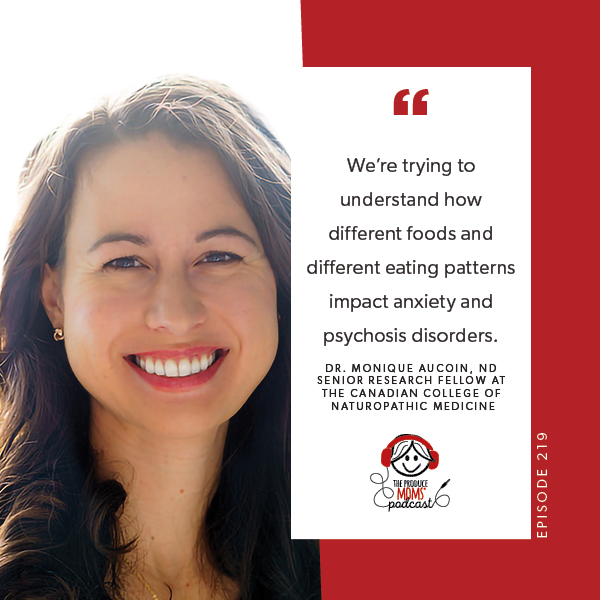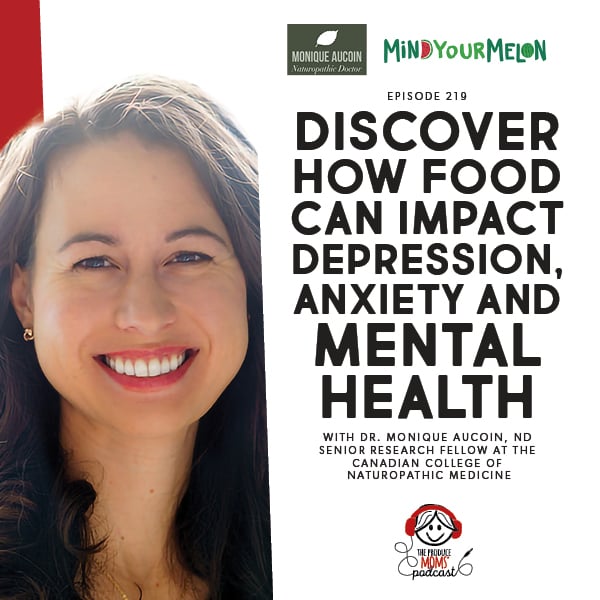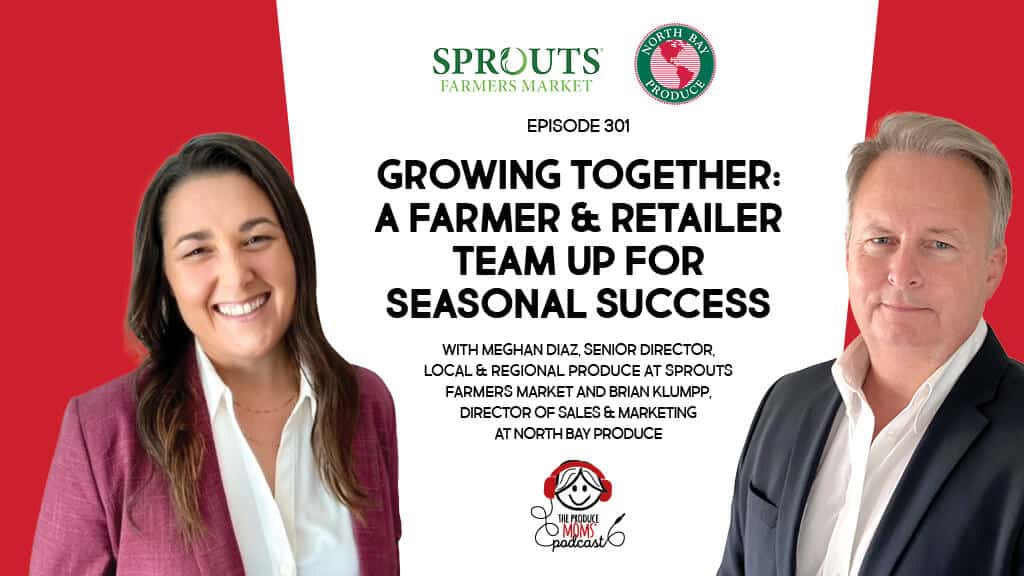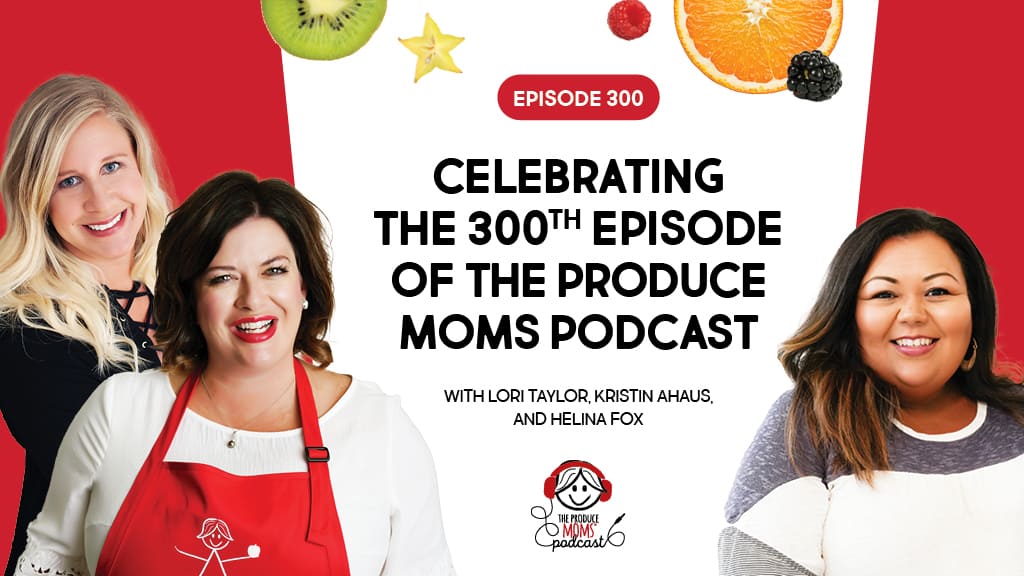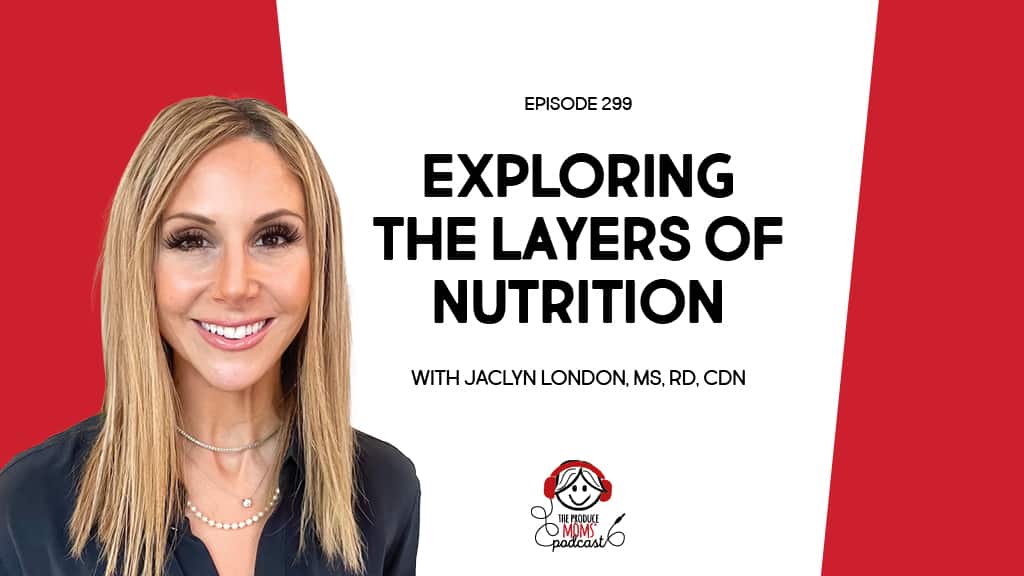Episode 219: Dr. Monique Aucoin
May 18, 2022
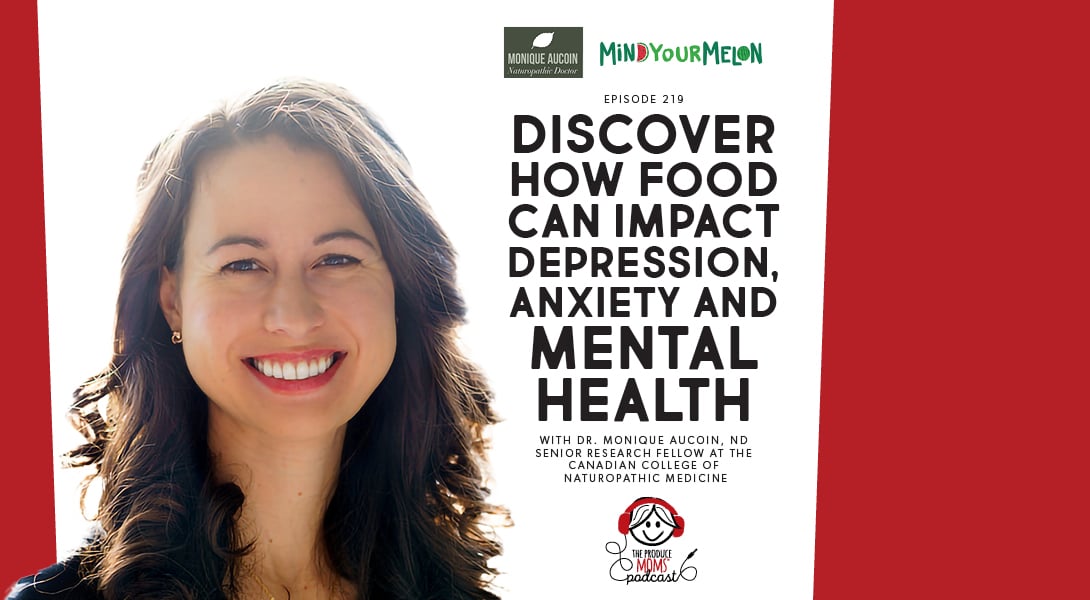
This post may contain affiliate links. Please read our disclosure policy.
Dr. Monique Aucoin is a naturopathic doctor and senior research fellow at the Canadian College of Naturopathic Medicine, and also one of the leading North American researchers in the field of nutritional psychiatry (the use of nutrition in the prevention and treatment of mental illness).
Not familiar with naturopathy, or confused on what it actually means? Dr. Aucoin says, “naturopathic medicine is a system of healthcare that combines scientific evidence with natural and traditional approaches like nutrition, herbal medicine and lifestyle counseling. Naturopathic medicine aims to address the root cause of illness and to promote wellness.” Sure, we already have a number of treatments like therapy for mental health, but some people don’t find the type of treatment we have accessible, helpful or tolerable, so we need to have other approaches available. Our current medical system isn’t reflecting the huge role diet plays in mental health. Offering dietary counseling to people experiencing mental illness is an opportunity to truly improve their health outcomes. The problem also with a lot of the research is that it doesn’t tell us if, for example, someone became depressed because they’re eating poor quality nutrition, or they became depressed and as a result started eating poor quality nutrition. To tell the difference, there is a need for clinical trials.
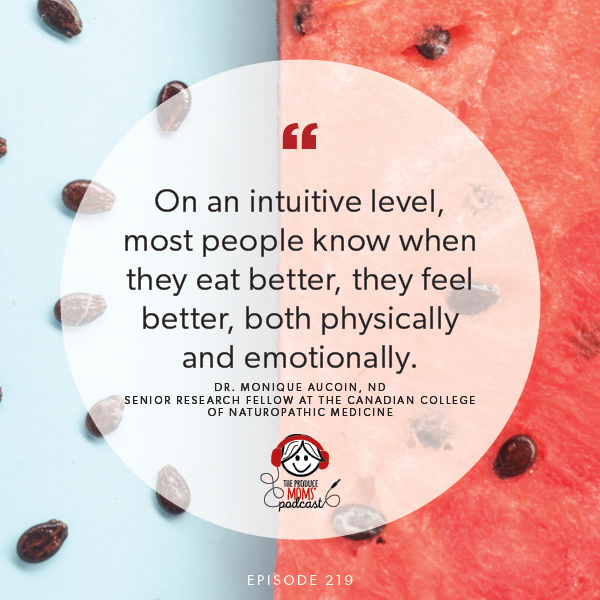
Ever heard of the term “emotional eating”? It’s not just a phenomenon we joke about – it’s backed by science, too. A study was performed on animals where they caused the animal a small amount of stress and gave them foods high in sugar and fat, which resulted in a reduction of their levels of the stress hormone cortisol. This may be a great, short-term fix, but long-term the foods we choose when “emotionally eating”, for example, can negatively impact our mental health.
An exciting clinical trial was recently performed to find out what diet improvement can have on mental health issues. The study called “SMILES” recently showed a large decrease in depression symptoms after 12 weeks of dietary counseling, with a quarter of individuals in the study no longer having depression at all. Dr. Aucoin and Dr. LaChance just received funding to perform their own similar clinical trial with those who have anxiety! So, if you’re struggling with depression, anxiety or other mental health issues, what does Dr. Aucoin suggest you do with your diet? The top three nutritional factors in supporting brain and mental health are eating enough protein, eating anti-inflammatory foods and choosing complex carbs instead of simple sugars. Why? The brain is sensitive to the amount of sugar in our blood. Ever felt “hangry” before? That’s because your blood sugar is low (there’s a huge overlap between low blood sugar symptoms and mental health symptoms). If you then eat something that’s high in simple carbs or sugars, it’ll disrupt your blood sugar balance even more.
“Steering away from simple carbs and choosing foods that have more fiber can have a huge impact on mental health outcomes.” Dr. Monique Aucoin (19:17-19:25)
When you eat complex carbs like foods that are high in fiber, it helps your blood sugar stay stable and well regulated. For example, Dr. Aucoin had a patient struggling with anxiety who had a diet high in foods like white bread, pasta, cookies and candy. By adding more protein and fiber, the patient’s anxiety improved tremendously. Protein is important, too, because it breaks down into amino acids which are the building blocks of our body. Most medications we use to treat mental illnesses are focused on increasing serotonin, something your body can make on its own with enough building blocks. Lastly, people with mental illnesses have increased levels of inflammation in their brain or their body, and one of the significant factors that impact inflammation in the body is our diet. Eating more fruits and vegetables is important because they have a large amount of anti-inflammatory compounds. Getting enough healthy fats, like the omega-3’s found in flax and chia seeds, and walnuts, is important. Don’t like the taste or have picky eaters? Try hiding them in smoothies! Fish are a great source of healthy protein and healthy fats, too. Making small adjustments to your diet can help improve your mental health drastically, whether you’re someone who struggles with depression and anxiety, or just want a “pick me up” when you’re feeling a bit down. Eating healthy and the right nutrition isn’t a one-size-fits-all solution. Other tools and supports may also be important in combination with nutrition to support mental wellbeing.
How to get involved
- Join The Produce Moms Group on Facebook and continue the discussion every week!
- Reach out to us – we’d love to hear more about where you are in life and business! Find out more here.
If you liked this episode, be sure to subscribe and leave a quick review on iTunes. It would mean the world to hear your feedback and we’d love for you to help us spread the word!
